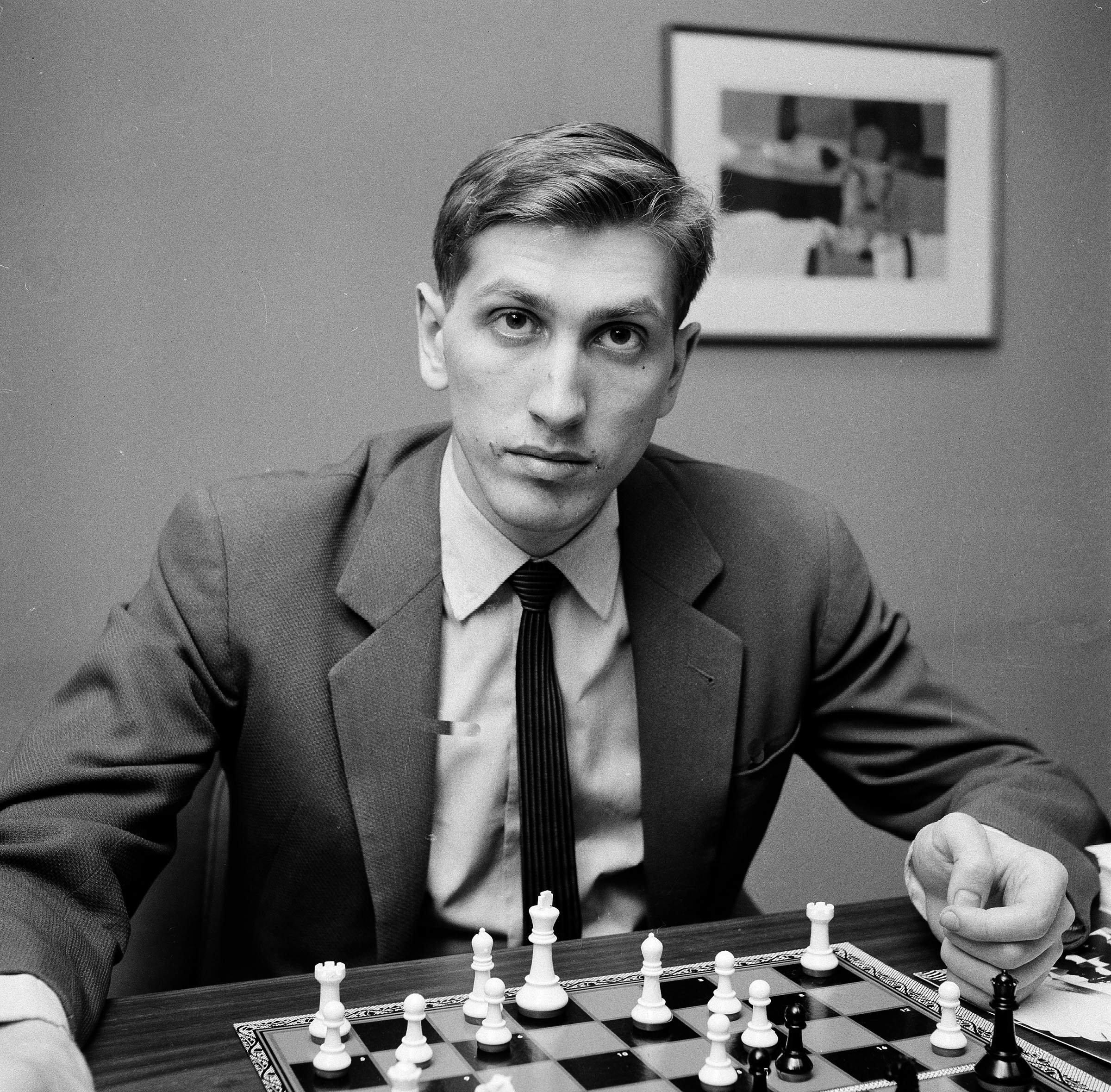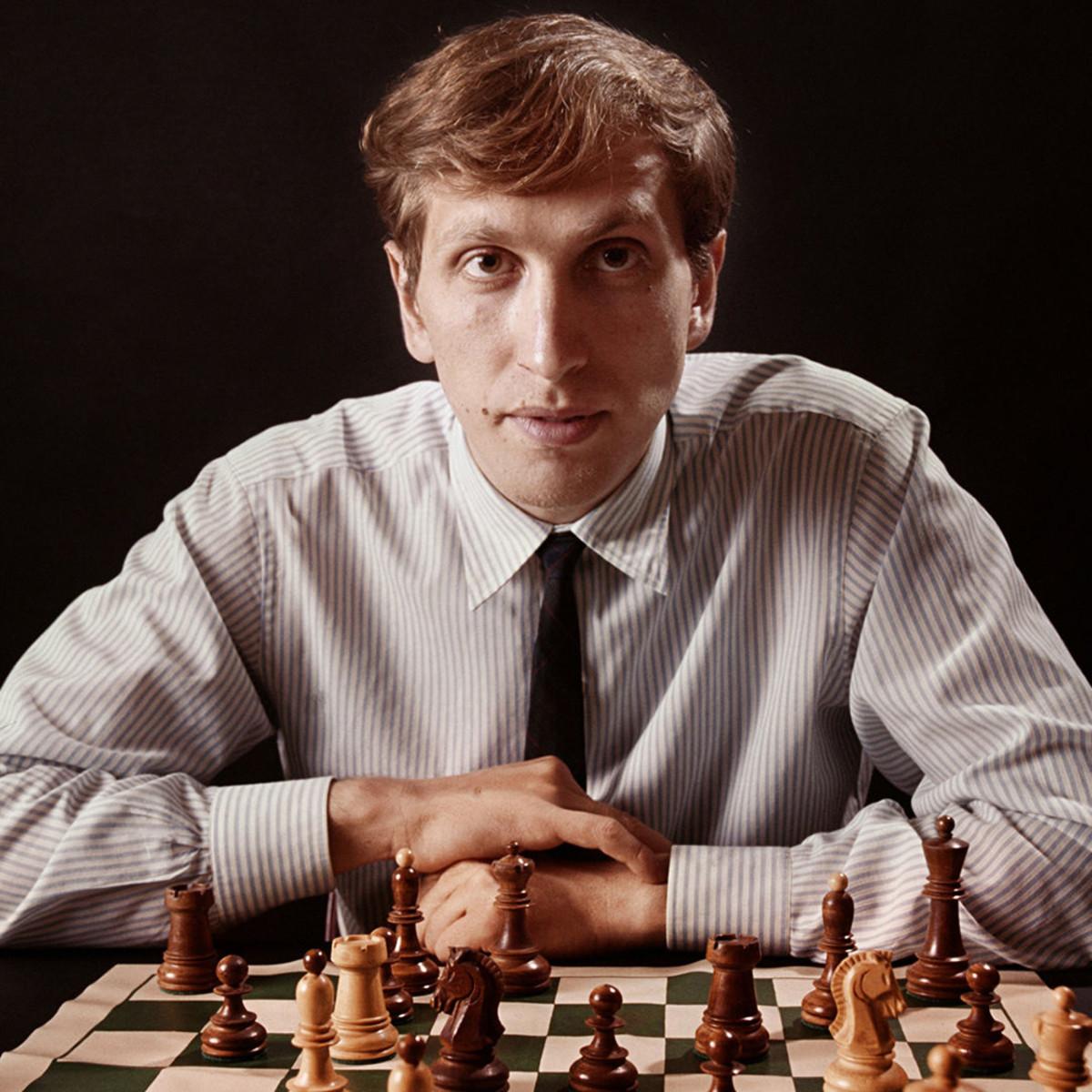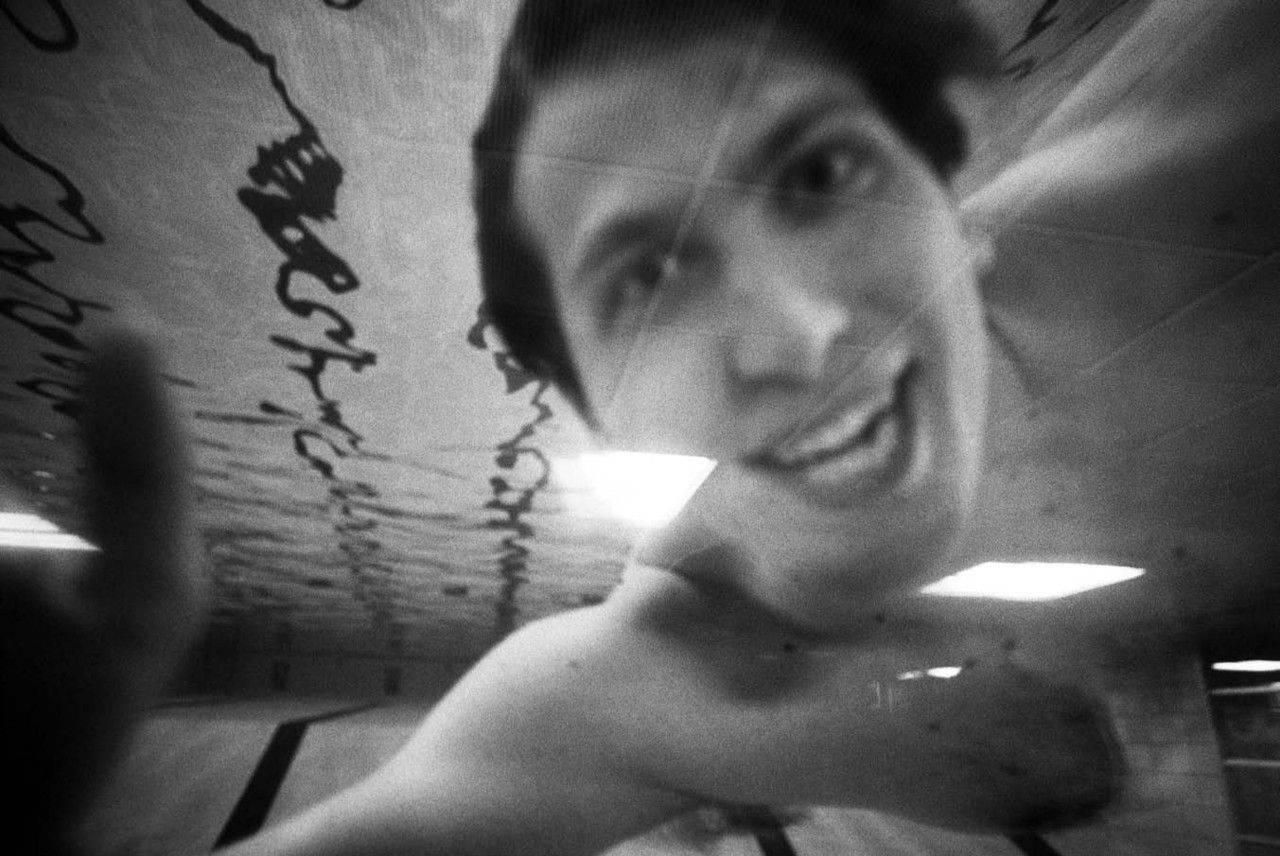The story of Bobby Fischer, a true chess genius, is one that captures the imagination, not just for his incredible skill on the board, but for his mysterious retreat from public view. His departure from the spotlight, in a way, remains a subject of much discussion and curiosity, leaving many to ponder the path he took after reaching the pinnacle of his chosen pursuit. It's a tale that really makes you think about what happens when someone who achieves so much simply steps away from it all.
For someone who dominated a mental sport with such intensity, his eventual withdrawal from the world's gaze feels, well, rather perplexing. He was a figure who, for a time, captivated audiences with his brilliance, his sharp mind, and his sheer determination to win. Yet, after achieving the highest honor in chess, the very public life he had built seemed to unravel, leading him down a path that few could have predicted.
This article will look into the life and times of Bobby Fischer, aiming to shed some light on the circumstances that might have contributed to his decision to disappear from the public eye. We'll explore his early beginnings, his meteoric rise, and the quiet, almost private existence he chose later on. It's a fascinating look at a person who, as a matter of fact, left an indelible mark on his field, only to become a recluse.
- Valerie Harper Net Worth
- Asher Goodman Actor
- Kanye West Album Cover Art
- Ella Fowler Latest
- Ryan Evans Counting Cars Wikipedia
Table of Contents
- The Early Life of a Chess Prodigy
- Personal Details - Robert James Fischer
- What Led to the Bobby Fischer Disappearance?
- A World Champion's Retreat
- How Did the Bobby Fischer Disappearance Affect Chess?
- Beyond the Board - The Later Years
- Where Did Bobby Fischer Go After His Disappearance?
- Other Lives Named Bobby - A Look at Public Figures
- What Can We Learn From These Disappearances, Anyway?
The Early Life of a Chess Prodigy
Robert James Fischer came into the world in Chicago in 1943, and his journey into the world of chess began at a very young age. He, like, picked up the game when he was just six years old, and it became clear pretty quickly that he possessed a remarkable talent for it. His mind, it seemed, was perfectly suited for the intricate patterns and strategic thinking that chess demands. He spent countless hours studying, playing, and, well, just soaking up everything about the game, really.
By the time he was a teenager, Fischer was already making waves in the chess community. He became a grandmaster at the incredibly young age of 15, which was, for instance, a record at the time. This achievement put him on the map as a serious contender, someone to watch. His style of play was, you know, very aggressive and precise; he had a way of dismantling his opponents' positions with what seemed like effortless grace. He was, to be honest, a force to be reckoned with, even in those early years.
His early career was marked by a series of impressive wins and a reputation for being fiercely independent. He often had his own ideas about how things should be done, whether it was the playing conditions or the prize money. This independence, in a way, set him apart from many other players, and it gave him a certain mystique. He was, quite simply, someone who did things his own way, and that, too, was part of his appeal to fans and critics alike.
- Goodwill In Estero
- Marlowe Jack Tiger Mitchell
- Lowry Beer Garden
- Louise Vongerichten
- Wasmo Somali Telegram Link 2024
Personal Details - Robert James Fischer
| Full Name | Robert James Fischer |
| Born | March 9, 1943 |
| Birthplace | Chicago, Illinois, U.S. |
| Died | January 17, 2008 |
| Place of Death | Reykjavík, Iceland |
| Nationality | American (later Icelandic citizen) |
| Known For | Chess Grandmaster, World Chess Champion |
| Notable Achievement | Won World Chess Championship in 1972 |
What Led to the Bobby Fischer Disappearance?
The path to Bobby Fischer's disappearance from the public eye is, in some respects, not a single event but a gradual withdrawal. After his monumental victory against Boris Spassky in 1972, a match that captured global attention, he seemed to become increasingly isolated. This triumph, which crowned him World Chess Champion, was, for many, the peak of his public life. Yet, instead of embracing the fame, he began to pull away, you know, quite noticeably.
One of the main triggers for his retreat was his refusal to defend his world title in 1975. He had a list of demands for the match conditions, and when these were not fully met by FIDE, the international chess federation, he forfeited the title. This decision, honestly, shocked the chess world. It meant that the reigning champion, the one everyone wanted to see play, was simply stepping down without a fight. It was, in a way, a sign of things to come, a precursor to his deeper withdrawal.
His personal life also seemed to play a role in his increasing reclusiveness. He became more distrustful of the media and the public, often expressing strong, sometimes controversial, opinions. This shift in his public persona, I mean, made it harder for him to maintain a normal public presence. He seemed to prefer solitude, or at least a very private existence, away from the constant scrutiny that came with his fame. It was, basically, a choice he made, to step back from the world he had once conquered.
A World Champion's Retreat
Following his forfeiture of the world title, Bobby Fischer entered a period of deep seclusion. For years, he was rarely seen or heard from, living a life that was, to be honest, very much out of the public view. This was a stark contrast to his earlier years, when he was constantly in the spotlight, traveling the world for tournaments and captivating audiences with his play. The sudden silence from such a prominent figure was, you know, quite striking.
During this time, there were many rumors about his whereabouts and his activities. People speculated about what he was doing, where he was living, and whether he would ever return to chess. These years of quiet were, perhaps, a period of reflection for him, or maybe just a desire for a life free from the pressures of being a global chess icon. It's hard to say for sure, but the fact remains that he simply vanished from the chess scene, leaving a void that no one else could quite fill.
His eventual re-emergence in 1992 for an unofficial rematch against Boris Spassky in Yugoslavia, a country then under international sanctions, was, naturally, a big surprise. This match, though controversial, showed that he still possessed his incredible chess skills. However, this brief return to the public eye did not last. After the match, he once again retreated, this time for good, effectively solidifying his decision to remain out of the public's reach. It was, essentially, his final public chess appearance.
How Did the Bobby Fischer Disappearance Affect Chess?
The Bobby Fischer disappearance left a truly significant mark on the world of chess. For one, it meant that the game lost its biggest star at the height of his powers. His absence created a void that was, you know, pretty hard to fill. People had been captivated by his personality and his incredible talent, and suddenly, he was just gone. This, in a way, took some of the excitement out of the professional chess circuit for a while.
His withdrawal also sparked a lot of discussion about the pressures faced by chess players and, more broadly, by individuals who achieve immense fame at a young age. It made people think about the personal toll that such intense public scrutiny can take. His story, in a way, became a cautionary tale about the difficulties of living under a microscope, even for someone who seemed so strong and independent. It really highlighted the human side of competitive excellence.
Despite his absence, Fischer's legacy continued to influence generations of players. His games are still studied, and his innovative approaches to the board are still admired. So, even though he wasn't actively playing or participating in the chess community, his impact remained. The mystery surrounding his disappearance, too, just added to his legend, making him a figure of enduring fascination for chess enthusiasts and casual observers alike. It's like his spirit, basically, still hovered over the game.
Beyond the Board - The Later Years
After his 1992 match, Bobby Fischer's life became even more private and, for many, more troubling. He spent his later years moving between different countries, seemingly trying to avoid detection and maintain his solitude. There were reports of him living in Hungary, the Philippines, and Japan, always, you know, staying out of the public eye as much as possible. His existence during this period was, basically, a very quiet one, far removed from the grand stages of his chess career.
During these years, he also became known for making increasingly controversial and anti-American statements, which further alienated him from many of his former admirers. These remarks were, to be honest, quite jarring, especially coming from someone who had once been a national hero. It was a sad turn for a man who had brought so much glory to his country through his chess achievements. His views, naturally, made it harder for people to reconcile the genius with the person.
His final years were spent in Iceland, the very country where he had achieved his greatest triumph in 1972. After facing legal issues related to his 1992 match, Iceland granted him citizenship, allowing him to live there. He passed away in Reykjavík in 2008, at the age of 64. His death marked the end of a life that was, in a way, as complex and unpredictable as his chess moves, leaving behind a legacy that continues to be debated and discussed. It was, truly, a unique life story.
Where Did Bobby Fischer Go After His Disappearance?
After his initial retreat from chess in the mid-1970s, Bobby Fischer, basically, went into a deep seclusion, and his exact whereabouts were often unknown to the public for long stretches of time. He was known to live a nomadic existence, moving from one place to another, sometimes staying with friends or supporters. His life during this period was, in a way, very much off the grid, a stark contrast to the global fame he had once commanded. He was, really, trying to escape the spotlight.
Following the 1992 rematch in Yugoslavia, his desire for privacy seemed to intensify. He spent a significant amount of time living in Japan, often communicating only through specific channels or with a very small circle of trusted individuals. His life there was, you know, largely one of quiet isolation, far from the world of competitive chess or public appearances. He was, quite simply, choosing a life that was as far removed from his past as possible.
His later years saw him living in Iceland, the place that had become so significant in his life due to the 1972 World Championship. Iceland, in a gesture that some saw as a tribute to his chess genius, granted him citizenship in 2005, which helped him avoid legal troubles he was facing elsewhere. So, in the end, the place where he reached his professional peak became his final home, a quiet conclusion to a life that was, honestly, anything but quiet for many years.
Other Lives Named Bobby - A Look at Public Figures
While we've been talking about Bobby Fischer, it's interesting to consider how many other people named "Bobby" have left their own unique marks on the world, some in very public ways, others more privately. It shows how, like, names can be shared, but the lives lived are so incredibly different. For instance, there's the 2006 American drama film called "Bobby," which was written and directed by Emilio Estevez. That movie, basically, had an ensemble cast, featuring people like Harry Belafonte and Laurence Fishburne.
That film, you know, really looked at how the destinies of 22 people of different races, sexes, beliefs, and social classes were intertwined. It revisits the night Robert F. Kennedy was gunned down at the Ambassador Hotel in 1968, showing how the lives of those at the hotel that evening intersected. It's a story that, in a way, explores connection and impact, much like how Bobby Fischer's life, too, intertwined with so many others, even in his retreat.
Then there's the very different kind of "Bobby" in Bobby Sherman, a former teen idol who, you know, passed away at 81. His winsome smile and fashionable shaggy mop top helped make him into a star in the 1960s and ’70s with bubblegum music. He was a pop culture icon, very much in the public eye for a time, much like Fischer was in the chess world, though their paths were, obviously, quite distinct. His public persona was, basically, all about charm and catchy tunes.
We also hear of "Bobby" as a nickname for Robert, after Sir Robert Peel, who organized the London police force. This "Bobby" is, of course, a historical figure, whose actions had a lasting impact on society, much like how Bobby Fischer's chess achievements had a lasting impact on his sport. And, you know, there's even a "Bobby" who is a founding partner of generational private wealth partners, who began his career in wealth management in 2011, after graduating from Texas Christian University with a B.B.A. These different "Bobbys" just show the variety of lives people lead.
What Can We Learn From These Disappearances, Anyway?
When we look at the Bobby Fischer disappearance, and even think about other public figures who might step away from the spotlight, it really makes you consider a few things. It highlights, for one, the immense pressure that comes with being a public figure, especially someone who achieves great fame at a young age. The expectations, the constant scrutiny, it can be, well, a lot for anyone to handle, even someone as mentally tough as Fischer. It suggests that even the strongest minds can seek refuge from the demands of celebrity.
It also brings up the idea of personal choice and autonomy. Bobby Fischer, in his own way, chose to live a life that was very much on his own terms, even if those terms were difficult for others to understand. His decision to retreat was, basically, his own, a powerful statement about wanting control over his own existence, rather than living according to public expectations. This kind of personal freedom, even when it leads to isolation, is, in some respects, a very human desire.
Ultimately, the story of Bobby Fischer's disappearance serves as a reminder that even the most brilliant individuals are, at the end of the day, complex people with their own struggles and desires. It shows that success and fame do not always bring happiness or stability, and that sometimes, the greatest challenge is simply finding a way to live a life that feels authentic to oneself, away from the glare of public attention. It's a tale that, you know, continues to resonate, long after he left the public stage.
Related Resources:



Detail Author:
- Name : Kacey Grimes
- Username : orn.lewis
- Email : rau.ella@yahoo.com
- Birthdate : 1991-02-27
- Address : 202 Kuhlman Drive West Jobury, KS 27688
- Phone : 283-245-4683
- Company : Hoppe, Carroll and Mills
- Job : Manager of Food Preparation
- Bio : Incidunt aut quod atque accusantium dolorem. Vel ut aliquid mollitia aut sed. Mollitia consequatur quasi suscipit ab distinctio pariatur eligendi.
Socials
instagram:
- url : https://instagram.com/devante_xx
- username : devante_xx
- bio : Ut et asperiores molestiae itaque. Qui quia aut fugit ea doloremque. Optio asperiores ut quo nulla.
- followers : 795
- following : 694
twitter:
- url : https://twitter.com/devante.rogahn
- username : devante.rogahn
- bio : Voluptatem porro nihil in excepturi aperiam. Quia inventore cupiditate omnis culpa a ut perspiciatis. Iure non odit rerum. Quidem vero dolorem ad non laborum.
- followers : 304
- following : 250